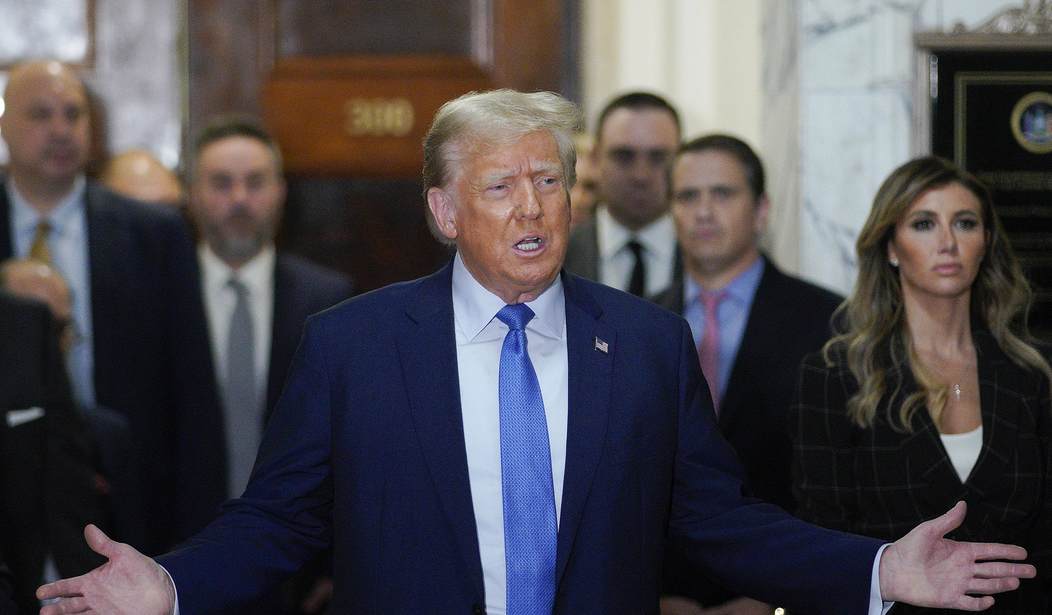One of the major problems with the massive “must-pass” bills that manage to make it through Congress every year is the penchant of members to sneak in any number of odious provisions that would never have passed on their own. The National Defense Authorization Act (NDAA) is a prime example, and it just passed with plenty of badness snuck into the more than 4,000 pages it contained, most of which none of the members ever read. One of these toxic nuggets was a provision that would make it almost impossible for the President to withdraw the United States from NATO without specific congressional approval. This was a bipartisan move that was obviously designed to prevent Donald Trump from pulling the country out of the organization as he has previously threatened to do. (Political Wire)
“Congress has approved legislation that would prevent any president from withdrawing the United States from NATO without approval from the Senate or an Act of Congress,” The Hill reports.
“The measure, spearheaded by Sens. Tim Kaine (D-VA) and Marco Rubio (R-FL), was included in the annual National Defense Authorization Act, which passed out of the House on Thursday and is expected to be signed by President Biden.”
We can look at this measure from two perspectives, one of them constitutional and the other practical. From the constitutional side, this makes complete sense. The Founders gave Congress, not the executive branch, the sole right to enter into or exit treaties with other nations. NATO is by definition an organization founded on a treaty between multiple countries which was originally intended to create a counterbalance against the Soviet Union and still maintains that function today against Russia.
In practical terms, however, this specific question has become considerably more complicated. I’ve always seen a great deal of value in NATO and America’s leadership role in the organization. It has allowed us to maintain close ties with our allies and enhanced trade opportunities. But with that said, NATO has changed a lot since its founding in 1949. The majority of European members have taken a decidedly globalist and all too often socialist turn in recent decades. The addition of Turkey to NATO’s ranks has proven to be nothing short of a disaster in recent years.
Then there is the matter of who pays NATO’s bills. All too often, the answer to that question is that the American taxpayers shoulder the lion’s share of the burden. Look no further than the funding for the proxy war in Ukraine for a prime example. Most (though not all) NATO members talk a good game in terms of supporting Ukraine against Russia, but Europe contributes only a pittance compared to what America is paying, despite the war taking place in their own backyard.
I’m not advocating for a precipitous American withdrawal from NATO, the total dissolution of the alliance, or the ability of Trump or any other president to do so unilaterally. But much like the United Nations, I believe we do need to rethink how we participate in these groups. The UN is even worse than NATO in terms of being frankly a group of anti-American and anti-Israel globalists and socialists. Yet both expect the United States to keep footing the bill for virtually everything when we can’t even manage our own budget at home. And we also can’t allow globalist groups to set American policies, particularly on the domestic front.
So was the inclusion of this provision in the NDAA a good idea? I won’t go so far as to say “good” but it’s not entirely bad. But both Congress and the White House should be open to frank discussions about how our participation in both NATO and the UN are handled going forward. We are desperately in need of more “America First” policies, and that means that some of our international dealings may need to be tailored accordingly.









Join the conversation as a VIP Member